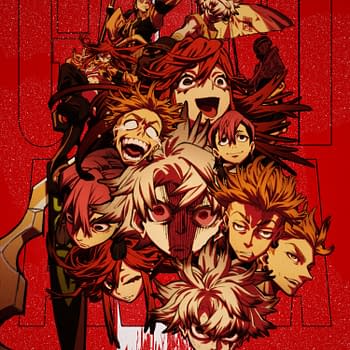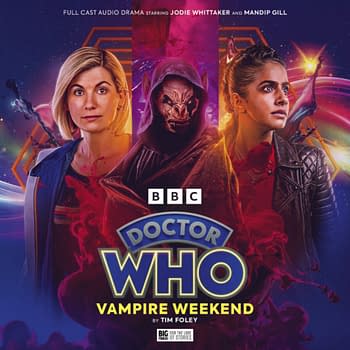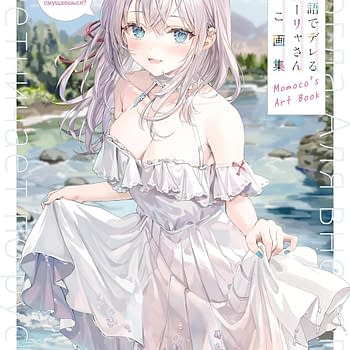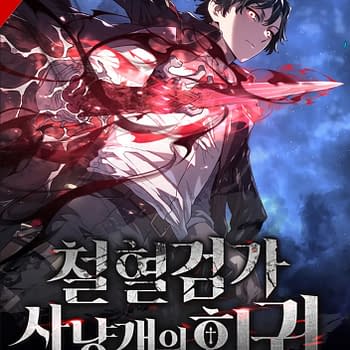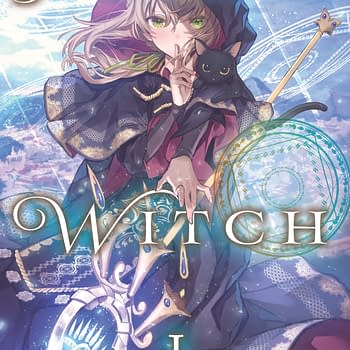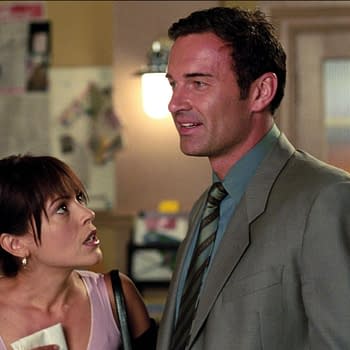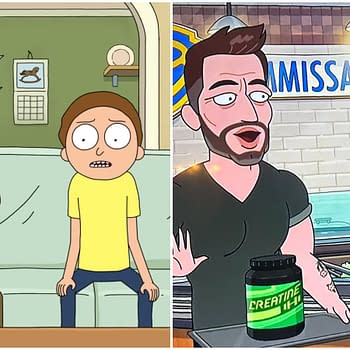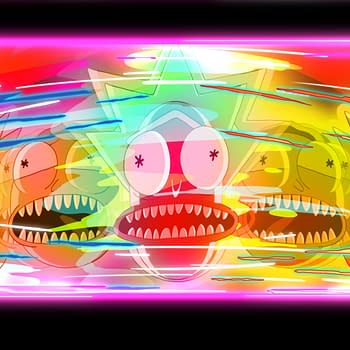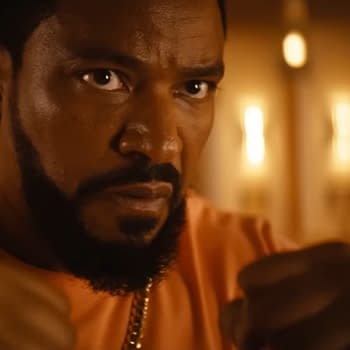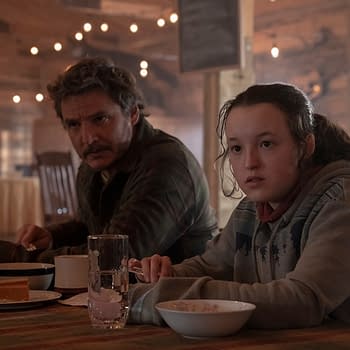Posted in: Max, TV | Tagged: dc comics, doom patrol, garth ennis, Gerald Way, grant morrison, max, Paul Kupperberg
Doom Patrol: The "Six Feet Under" of Superhero Shows Bids Farewell
Having ended its run after four seasons, Max's Doom Patrol proved it's the "Six Feet Under" of superhero shows - subversive and big-hearted.
Article Summary
- 'Doom Patrol' wrapped its unique, heartfelt 4-season run on MAX, capturing deep human flaws along the way.
- The series draws parallels to the raw, dark comedy of 'The Boys', with its own twist on heroism.
- Characters' superpowers symbolize personal struggles, from mental health to self-identity.
- The series finale offered a blend of redemptive arcs and a compassionate, hopeful conclusion - drawing more comparisons to HBO's hit series "Six Feet Under".
Doom Patrol has reached the end of its run, four seasons on MAX (formerly HBO Max) as the most underrated and subversive superhero show on TV. It was the most ambitious exploration of the "superheroes as fuckups" trope, and it wore that on its sleeve with pride all the way to the end.
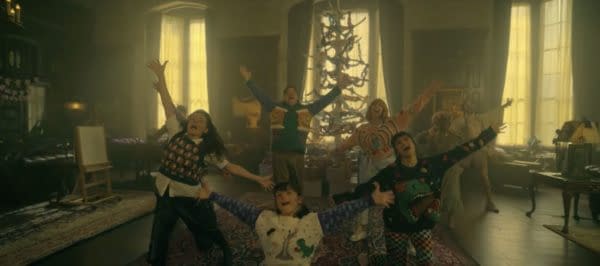
It's interesting that Doom Patrol and The Boys both premiered in 2019, both shows that dived deep into the "superheroes are horrible" theme and treat it as R-rated, raucous, all-out dark comedy. The Boys took the tact that superheroes are evil, self-serving, and corrupt, given to their basest impulses as metaphors for corporate sell-outs. Doom Patrol treats superheroes and their powers as expressions of personal flaws, trauma, mental illness, emotional repression, and pathologies. Both series are creative adaptations of go-for-broke comic books by uncompromising British writers Garth Ennis and Grant Morrison, respectively, though Doom Patrol also referenced and paid homage to the comics' contributions by previous creators Arnold Drake, Bob Haney, Bruno Premiani, Paul Kupperberg, and Morrison's successors Rachel Pollack and Gerald Way.
The TV series takes Morrison's continuation of the original comics' treatment of the team as tragic outsiders and emphasizes the mental health aspects of the characters, acknowledging Cliff Steele's depression as Robotman (voice of Brendan Fraser, body Riley Shanahan) with a brain trapped inside a metal body that feels nothing, creating Crazy Jane (Diane Guerrero) whose powers are an expression of her Dissociative Personality Disorder (DID). Former movie star Rita Farr's (April Bowlby) elastic powers and unstable body are expressions of body dysmorphia, low self-esteem, and emotional neediness. Larry Trainor's (voice of Matt Bomer, body of Matthew Zuk) disfigurement and lethal radioactivity, along with the energy body that shares his body, are expressions of his alienation as a gay man who had to hide in the closet, his self-loathing, and his own split nature. Vic Stone (Jovian Wade) has to deal with his feelings of inadequacy, resentment toward his father, and body dysmorphia with his cyborg parts and powers. Millie de Mille, or Madame Rouge (Michelle Gomez), is a shapeshifter whose powers are a metaphor for her self-serving nature in conflict with her desperate need to be good and atone for past sins. Their enemies are at least as dysfunctional and messed up as they are, often even worse. They're screwups through and through. About half the members of the Doom Patrol are doomed, tragic individuals, and the final season takes them to the end of their stories.
Season four sees the Doom Patrol facing mortality while also facing a big bad named Immortus, an omnipotent, undefeatable being they accidentally created, embodied by narcissistic and needy community theatre actress Isabel Feathers (Charity Cervantes). Immortus is the scariest and funniest supervillain in the whole series and makes sense as the ultimate adversary the team faces. The series has always embraced zaniness, but always for a purpose. The villains of the show were always the forces of conformity, homophobia, and, ultimately, selfishness. Every bad thing happens because of selfish acts. Every member of the Doom Patrol has done something selfish and awful, both to themselves and the others, which always resulted in the worst things happening, and Immortus is the latest, final consequence of their actions. She and the murderous Butts are their final chickens come home to roost for the team.
For all four seasons, the Doom Patrol has been a terrible superhero team, unable to follow any orders or stick to any plan, prone to going off-course to pursue their own selfish desires and messing it up for everyone, and they often win by default or accident. As Rita and de Mille discover, trying to lead them is like trying to herd a bunch of cats. Unlike other superhero stories, none save the day with a triumphant punch, use of their powers, or teamwork. Once again, victory happens by accident and despite them. And it happens again, except in a different way. Instead of destroying their enemies, or making their enemies destroy each other, Immortus and the Butts make nice and get everything they ever wanted, and in gratitude, she returns the kindness by giving them back a chance to live. That means the team gets to live long enough to finally find peace. For the members who were always doomed, it means finding redemption before they die – and for the ones who have the most hope, the chance to find happiness and fulfillment at last. We won't spoil it for you since you owe it to yourself to watch the series yourself if you haven't already. The series's ending is the same as HBO's Six Feet Under, a poignant rundown of all the characters to the end of their stories.
In the end, Doom Patrol might be the most emotionally insightful and compassionate of all the superhero shows and movies to date. Its message is to be kind and to forgive – especially yourself.



